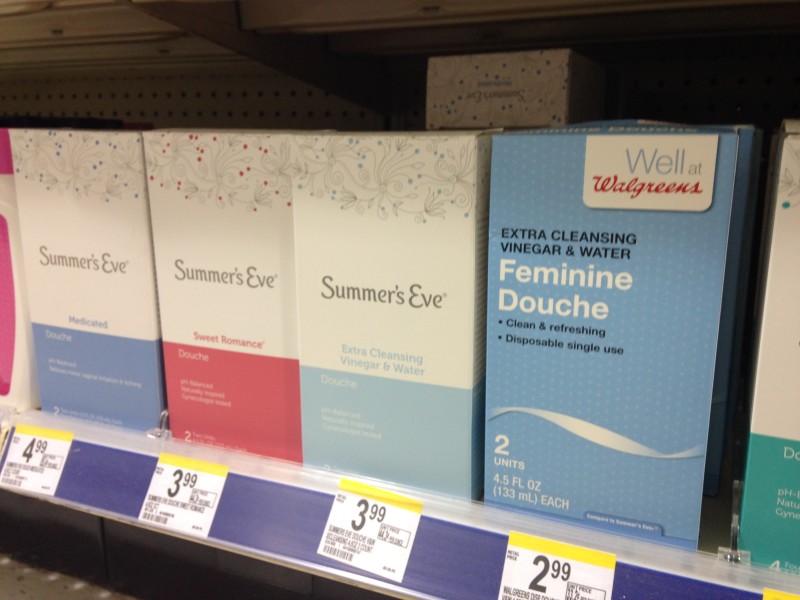Doctors advise against douching -- the cleaning of the inside of the vagina -- because it can lead to bacterial infection, pelvic inflammatory disease and problems during pregnancy. While the practice is on the decline, nearly one in five women ages 15-44 still does it.
Now a study published this week identifies another harm: higher exposure to phthalates, a class of chemicals that are suspected to be hormone disruptors. And African-American women appear to be at increased risk because of their more frequent use of these products.
It appears to be the first time scientists have looked at personal care products and phthalate exposure, and study authors were surprised by the magnitude of the relationship between exposure and levels of chemicals.
"We were surprised it was as important as it was," said co-author Tracey Woodruff, an OB/GYN professor at UCSF.
In the study, Woodruff and her colleagues looked at 759 women, ages 20-49, who had participated in a national health survey from the Centers for Disease Control and Prevention, and had said they used a range of feminine hygiene products. The women also provided urine samples. Researchers tested those samples for metabolites of phthalates.
